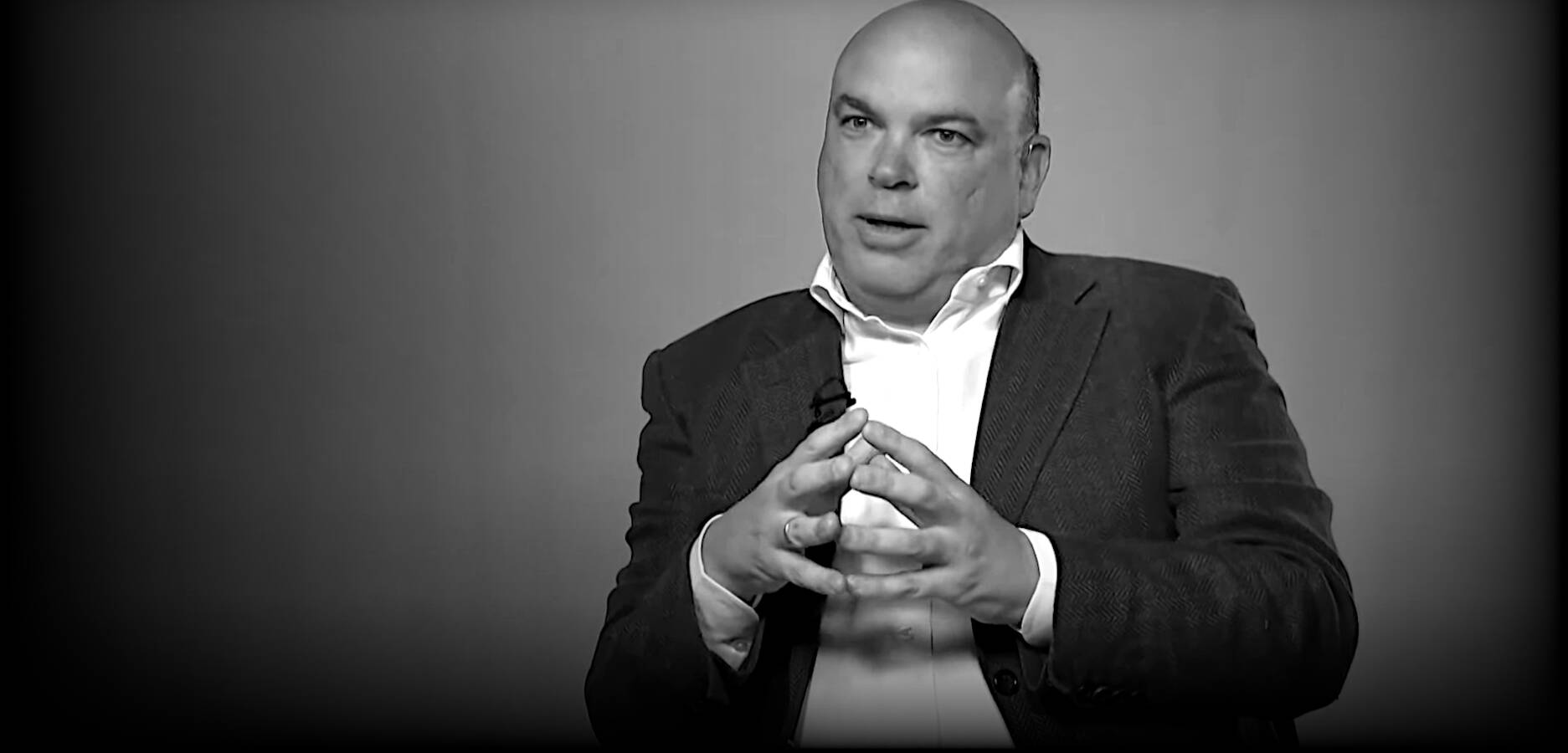UK tech pioneer Mike Lynch dead at 59 after yacht tragedy

Obit UK software tycoon Mike Lynch has been found dead two days after he went missing in a sailing tragedy off the coast of Sicily.
The news ends a period of speculation since reports emerged describing the British entrepreneur’s disappearance after the Bayesian, the billionaire’s 56-metre superyacht, went down near Porticello in violent storms at around 5am on Monday, local time.
The accident came as 59-year-old Lynch was said to be looking forward to a new life following years of legal battles to clear his name and put the acrimonious sale of his analytics company, Autonomy, behind him.
Lynch is remembered as a unique talent in the UK tech industry. Born to Irish parents in London, he grew up in Essex, winning a scholarship to a private school in London. His academic prowess led him to Christ’s College, Cambridge, where he studied natural sciences as an undergraduate, before completing a PhD in artificial neural networks, the precursor to latter-day machine learning. He later held a research fellowship in adaptive pattern recognition.
While making his mark in academia, he was also starting out in business. He reportedly started his first company, audio-tech firm Lynett Systems, with a £2,000 loan negotiated in a bar while studying for his PhD.
But he soon moved on to apply his research project in the real world. Cambridge Neurodynamics was founded by Lynch in 1991 in an effort to build effective fingerprint recognition technology. It produced three spin-offs: character recognition company Neurascript, database search outfit NCorp, and Autonomy, which produced software designed to look for patterns in unstructured data resulting from phone calls, emails, and videos, for example.
The latter venture was his big hit. Founded in 1996 by Lynch – along with media and internet entrepreneur David Tabizel and technologist Richard Gaunt – the company designed software to employ adaptive pattern recognition techniques centered on Bayesian inference and apply them to business problems including enterprise search and knowledge management.
Autonomy was floated on the European technology stock market EASDAQ in 1998 at a share price of approximately £0.30. It was listed on the London Stock Exchange in 2000, where it peaked at more than £30 a share.
The company survived the dotcom crash to make a series of acquisitions including competitor Verity for $500 million, email archive company Zantaz for $375 million, and content management software outfit Interwoven for $775 million.
But when Autonomy became an acquisition target of Hewlett-Packard, the success story entered a more troubled chapter.
HP paid about $11 billion in cash for Autonomy in 2011, but within a year wrote down the deal by $8.8 billion. The move prompted HP shareholders to sue in 2012.
In 2015, HP sued Lynch and Sushovan Hussain, former Autonomy CFO, in the High Court of England and Wales. Lynch responded by filing a $150 million counter-suit for defamation.
In May last year, Lynch was extradited to the US to stand trial.
However, in June 2024, Lynch was acquitted of criminal fraud and conspiracy charges in the United States arising from the 2011 sale of Autonomy to HP. A federal court jury in San Francisco cleared Lynch of all 15 charges relating to the allegation that he, along with Stephen Chamberlain, formerly VP of finance at Autonomy, unlawfully inflated the company’s value prior to its acquisition. Chamberlain was also cleared of any wrongdoing at trial.
(Chamberlain was hit by a car on Saturday and died from his injuries on Monday, the same day Lynch went missing from his yacht off the coast of Italy.)
In 2022, HPE, which inherited the civil litigation after HP split into HPE and HP Inc, prevailed in its British civil case and is seeking $4 billion in damages from ex-CFO Sushovan Hussain and Lynch. The case is yet to be settled but the damages awarded are likely to be lower.
Lynch’s death came as he was looking to put these episodes in his life behind him.
He is remembered by those who worked with him as possessing a clear vision with a fantastic mind for data analytics. He was made an OBE for services to enterprise in the 2006 New Year Honours list. In June 2008, the Royal Academy of Engineering in the UK made him a fellow.
Following the sale of Autonomy, Lynch – often described as Britain’s answer to Bill Gates – co-founded, along with his venture-capital firm Invoke Capital, cybersecurity biz Darktrace.
Lynch is survived by his wife, Angela Bacares, who was rescued from the Bayesian. The couple’s daughter, Hannah, 18, was tragically found dead with her father. ®
Related
‘A bit boring – but boring can be good’: Why…
Have you heard of RELX? A lot of people haven’t. A cursory browse of Google Trends suggests there is less “search interest” for RELX than virtually any ot
Ireland’s Version 1 pledges £40m investment into British AI economy …
Irish technology consultancy Version 1 has pledged to invest £40m into the UK’s AI economy following a discussion with leaders of both countries. The i
UK tech funding roundup: This week’s deals from Quantexa to…
This week’s UK tech funding deals include AI data intelligence platform Quantexa, biomaterials developer Epoch Biodesign and more. UKTN tracked £200.3m worth
‘Just get on and do it’: Riverlane boss urges fast…
The UK has everything it needs to lead the world in quantum computing. First-class scientific talent, a solid funding pipeline, groundbreaking companies and eve













